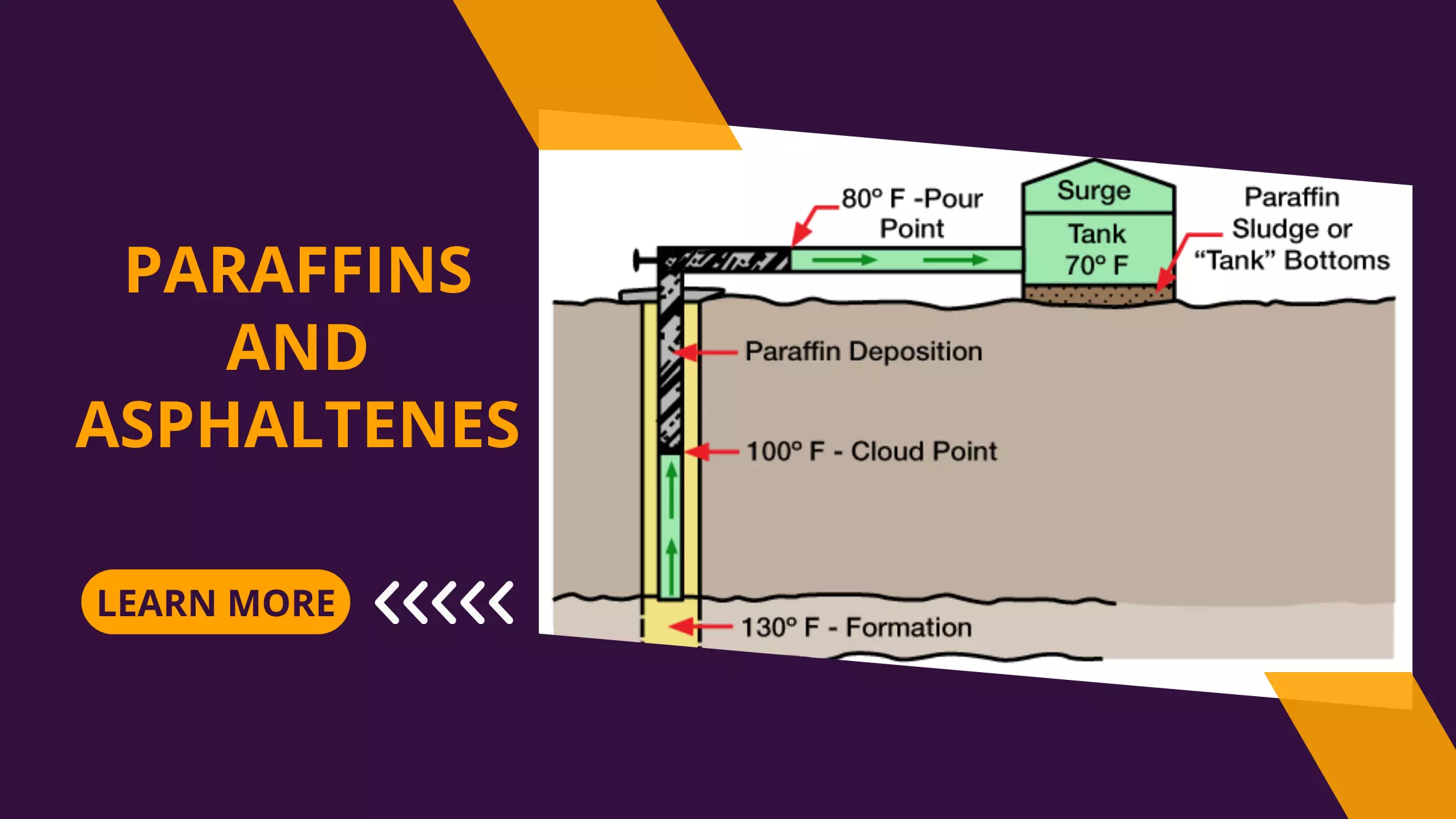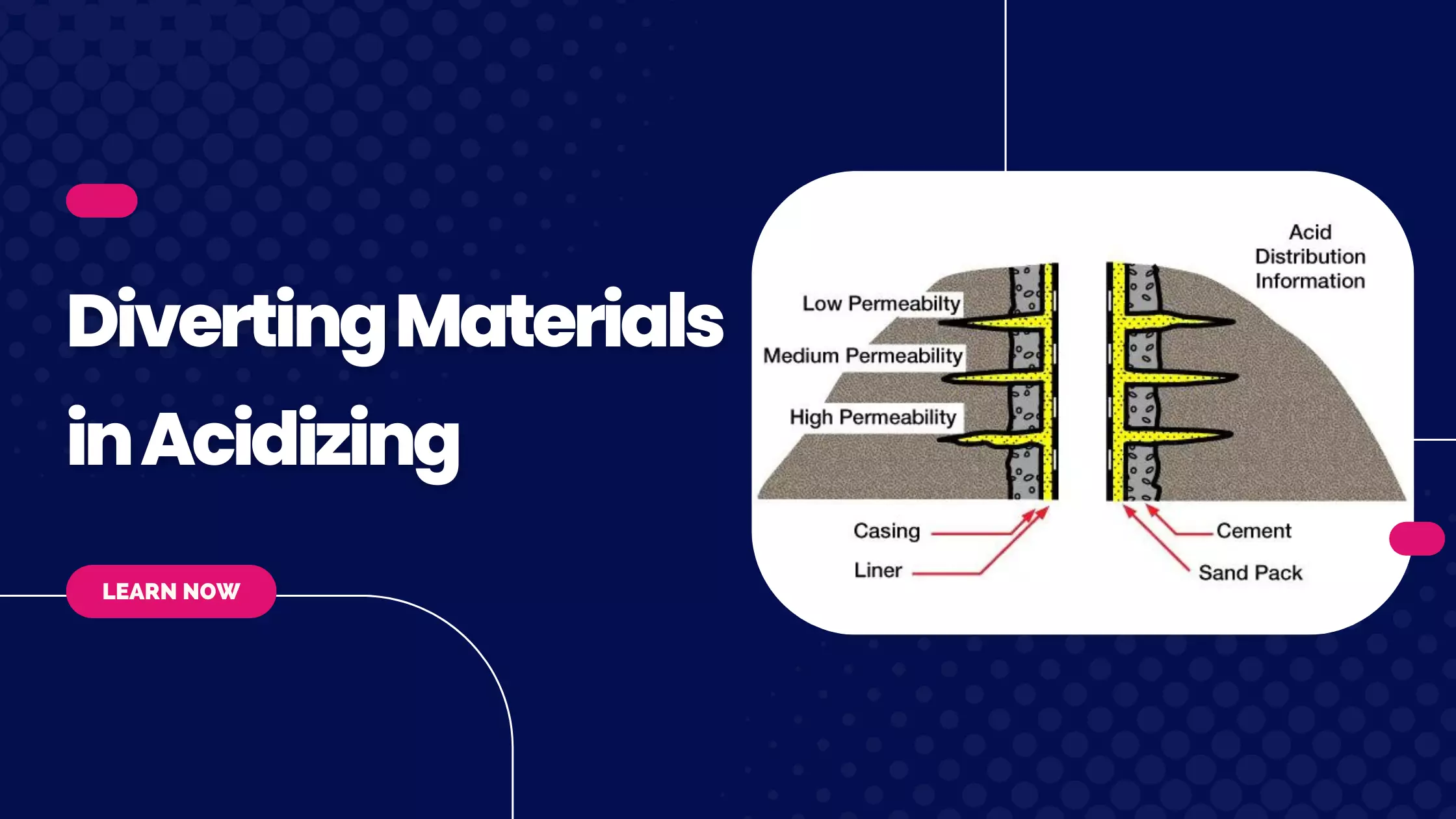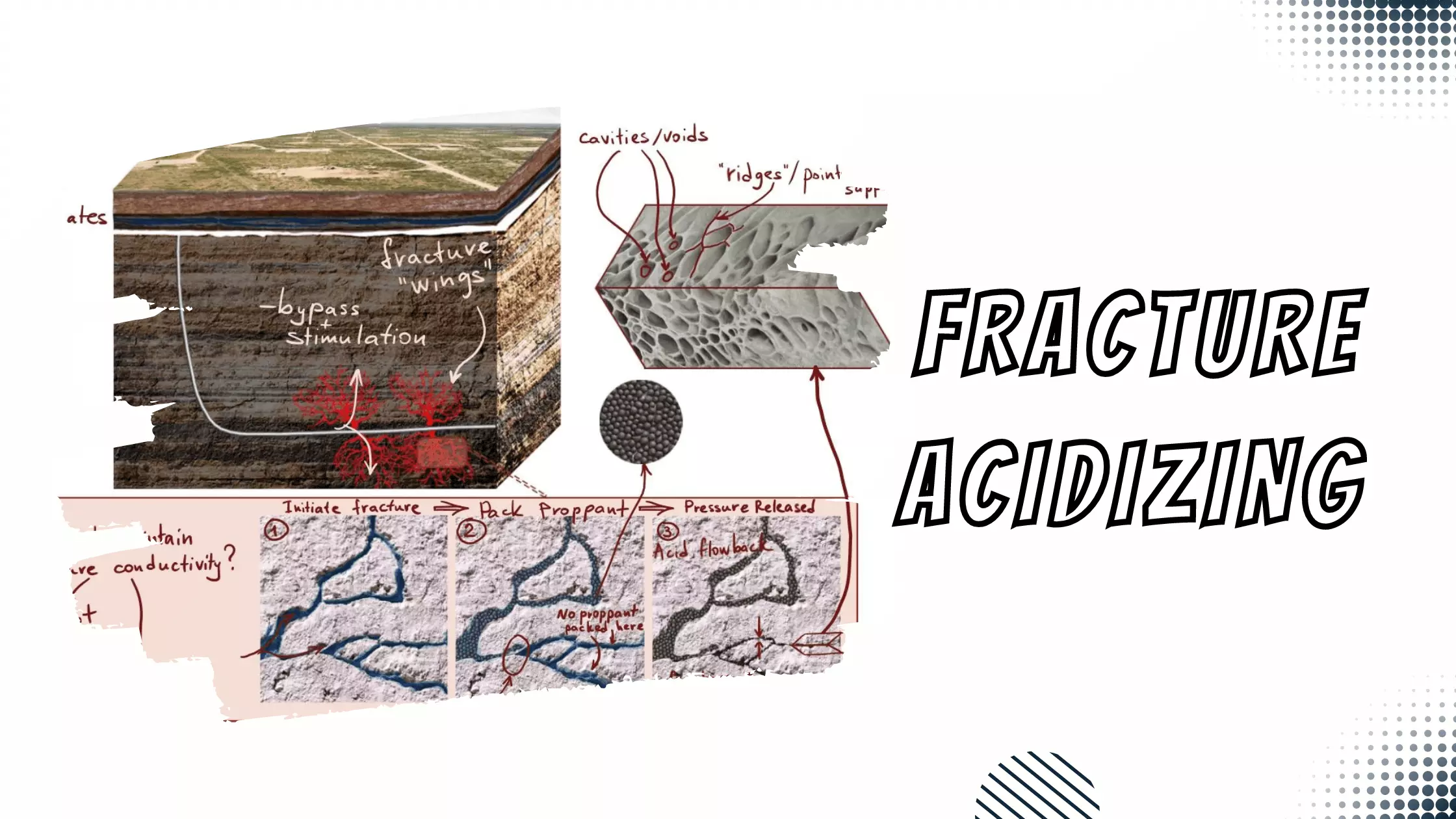Reservoir Management
Reservoir management is a critical aspect of reservoir engineering that focuses on the efficient and sustainable development and production of hydrocarbon reservoirs. It involves a comprehensive set of practices and strategies aimed at maximizing recovery, optimizing production, and ensuring the long-term viability of the reservoir. In this section, we will delve into the key components of reservoir management.
- Reservoir Surveillance: Reservoir surveillance involves the continuous monitoring of reservoir performance, including fluid production rates, pressure changes, and production profiles. Reservoir engineers use various surveillance techniques, such as well logging, pressure transient analysis, and production data analysis, to assess reservoir behavior and identify any deviations from expected performance.
- Production Optimization: Production optimization is a vital aspect of reservoir management, aiming to maximize hydrocarbon recovery while minimizing operational costs. Reservoir engineers analyze production data and employ techniques such as nodal analysis, choke optimization, and artificial lift systems to optimize production rates and enhance overall reservoir performance.
- Reservoir Modeling: Reservoir modeling plays a crucial role in reservoir management. Reservoir engineers construct numerical models based on geological, petrophysical, and production data to simulate reservoir behavior under different scenarios. These models help in predicting future reservoir performance, optimizing well placement, and designing efficient production strategies.
- Pressure Maintenance: Pressure maintenance is a key consideration in reservoir management, especially in naturally depleted reservoirs. Reservoir engineers implement techniques such as water or gas injection to maintain reservoir pressure, prevent water encroachment, and enhance hydrocarbon recovery. The selection of the appropriate pressure maintenance method depends on reservoir characteristics and economic factors.
- Reserves Estimation: Accurate estimation of reserves is essential for effective reservoir management. Reservoir engineers utilize various techniques, including volumetric calculations, material balance analysis, and decline curve analysis, to estimate recoverable reserves. These estimates serve as the foundation for making investment decisions and developing production strategies.
- Risk Assessment: Reservoir management involves assessing and mitigating risks associated with reservoir performance and production operations. Reservoir engineers conduct risk assessments to identify potential uncertainties and challenges, such as reservoir heterogeneity, fluid behavior, and external factors. They develop strategies to mitigate risks and ensure the smooth operation of the reservoir.
- Environmental Considerations: Reservoir management also takes into account environmental factors and sustainability. Reservoir engineers work to minimize the environmental impact of production activities, adhere to regulations, and implement best practices for reservoir development and operation. They consider water management, carbon footprint reduction, and ecosystem preservation in their decision-making processes.
Effective reservoir management requires close collaboration between reservoir engineers, geoscientists, production engineers, and other stakeholders. It is a continuous process that adapts to changing reservoir conditions and evolving industry practices.
 Petro Shine The Place for Oil and Gas Professionals.
Petro Shine The Place for Oil and Gas Professionals.



